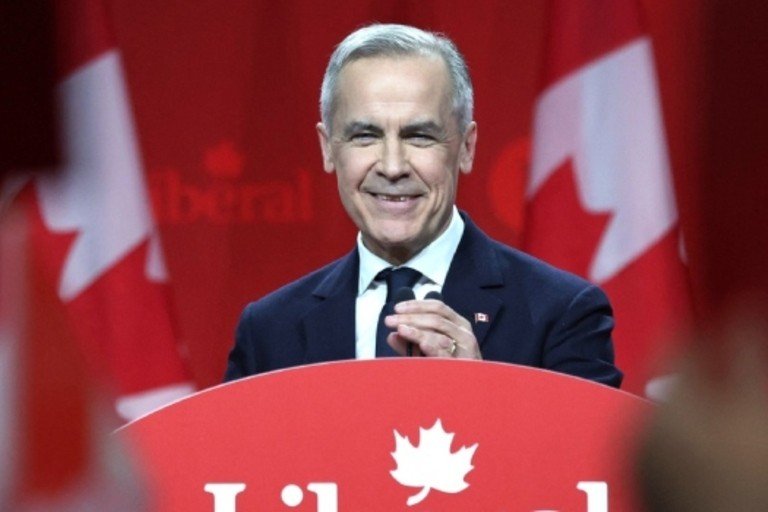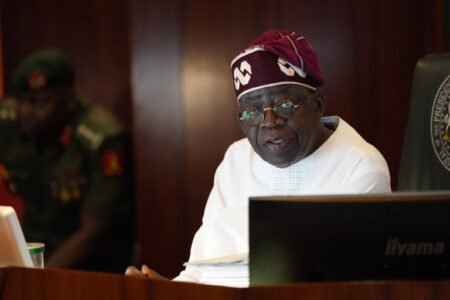Donald Trump wasn’t on the ballot, but Canadians handed him a stunning political defeat this week—by electing Mark Carney and the Liberal Party in a historic turnaround driven by fears of US annexation.
What began as a certain win for Conservative Leader Pierre Poilievre became a referendum on Trump’s influence, after the former US president threatened to make Canada the “51st state.” The backlash was swift—and seismic.
Languishing in the polls just weeks ago, the Liberals dumped an unpopular Justin Trudeau and tapped Carney, a steady-handed former central banker with international credibility. Backed by Ontario Premier Doug Ford, Carney cut through partisan fatigue with a clear message: Canada must stand firm in the face of American aggression.
Ford, a former Trump admirer turned fierce critic, helped Carney connect with suburban swing voters, particularly in trade-dependent Ontario. Their cross-party alliance projected unity and pragmatism—qualities that Poilievre, long cast in the mould of MAGA politics, failed to muster.
Poilievre’s refusal to forcefully push back on Trump’s “governor” jibes and annexation talk alienated centrists and progressives alike. “Canada is broken,” he repeated—just as Canadians were rallying to defend it.
The result? A stunning 30-point swing to the Liberals, fuelled by voters from across the spectrum. “This wasn’t political,” said pollster Frank Graves. “It was visceral. Canadians recoiled.”
Carney, a newcomer to electoral politics but no stranger to economic crisis, promised both stability and ambition. He’s pledged bold infrastructure investments to shield Canada’s economy from escalating trade tensions, aiming to build resilience while holding the line on sovereignty.
For Poilievre, it was a painful lesson: in a clash between populism and patriotism, Canadians chose country over chaos.










